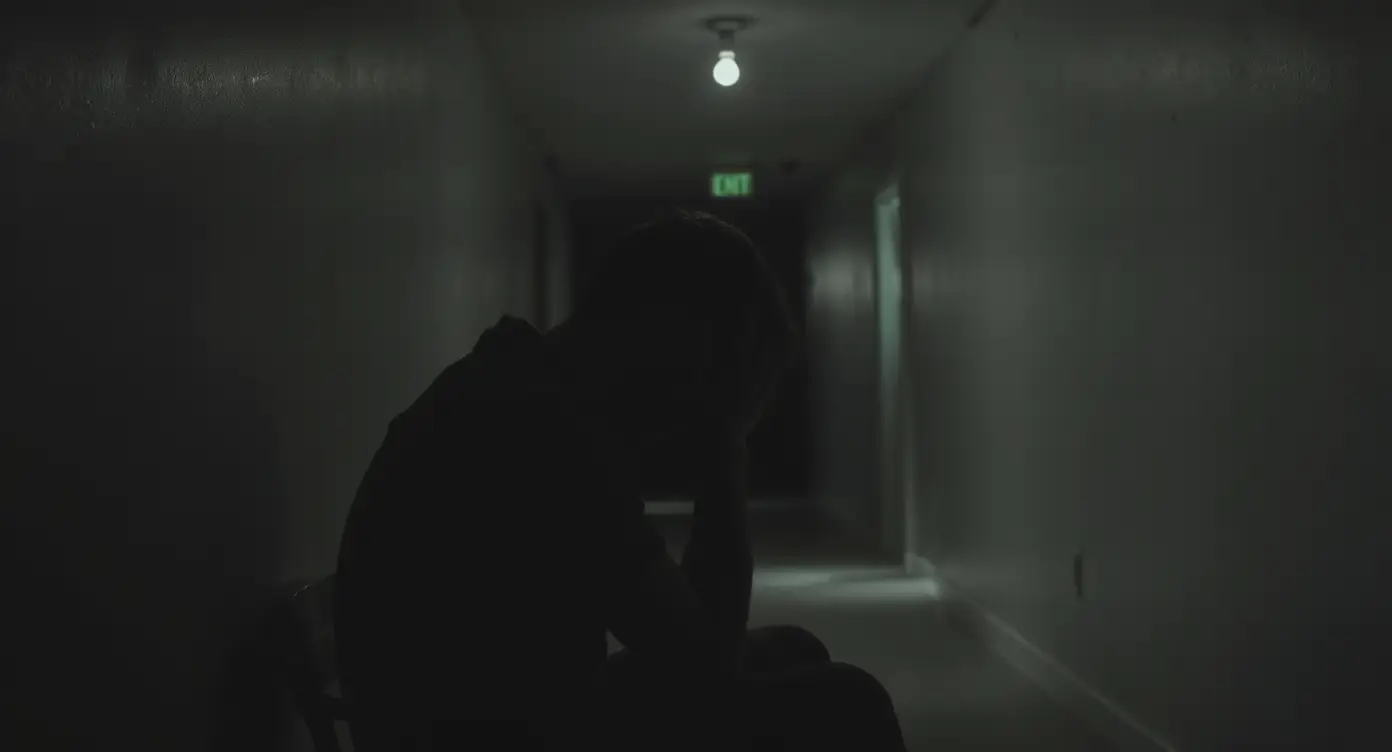Relapse is when someone returns to drug use after a period of staying clean. It can happen days, weeks, or even years after quitting, and is a common part of the recovery journey.
Relapse doesn’t mean failure—it often results from stress, cravings, triggers, or emotional struggles. A person might think they can handle “just once,” but this can quickly restart the cycle of addiction.
Recognizing warning signs, having a strong support system, and following a recovery plan can help prevent relapse. Each time someone gets back on track, they build strength, awareness, and tools for lasting sobriety.

🧠 Related Terms
👉 Learn more about prevention:
Narconon Europe – Drug Abuse Help
👉 For more educational content, see our Drug Education & Prevention Materials
❓Frequently Asked Questions about Relapse
1. What is relapse used for?
It’s not something people use—relapse means going back to drug use after quitting.
2. Why is relapse dangerous?
It can lead to overdose, emotional distress, or loss of progress if not addressed quickly.
3. What does it look like?
Mood swings, isolation, reconnecting with drug-using contacts, or skipping recovery steps.
4. Can someone recover after relapse?
Yes. Many people relapse and still achieve long-term recovery—it’s part of learning.
5. How can someone prevent relapse?
Know your triggers, stay connected to support, and stick to a structured recovery plan.
